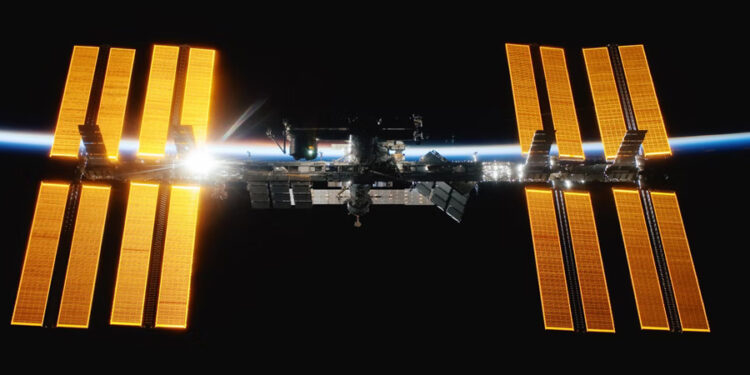ISS – The International Space Station unaffected from U.S.-Russia Tensions

The Astronauts from USA and Cosmonauts from Russia who are on the International Space Station are not bothered over Russia and Ukraine Crisis. There are 4 US Astronauts and 2 Russian Cosmonauts are on the ISS.
The International Space Station is a collaborative international project that is a modular space station in low Earth orbit. It is operated by five countries and is governed by intergovernmental agreements. In addition to the United States and Canada, the European Union and Japan also participate. The station was launched in 1998, and the first module was completed in 2006. There are currently four space stations in orbit: the Russian Mir laboratory, the Japanese Soyuz mission, and the American Dragon space shuttle.
The ISS features three modules and two space shuttles. Its components are operated and monitored by mission control centers worldwide, including the RKA Mission Control Center, the ATV Mission Control Center, and the JEM and HTV Control Centers. The ISS also has a greenhouse for growing fresh fruits and vegetables. It is designed to support astronauts during their long stays in space and to help them stay healthy and well-rested.
The ISS has numerous external robotic arms to aid astronauts on their space walks. Humanoid robots, also known as Robonauts, were introduced to the crew of the ISS in 2011. But in 2018, the Robonaut 2 robot developed a fault and was sent back to Earth for repairs. Apart from these robots, the ISS has several robotic arms. One of these is called the Special Purpose Dexterous Manipulator (SPDM), which is capable of performing complex tasks.
Relations between the U.S. and Russia in space have also not been impeded by political conflicts on Earth, said Scott Pace, who was the Trump administration’s executive secretary of the space council.
‘They can’t operate without us, we can’t operate without them so it’s truly an international partnership,’ said Pace, who is now the director of the Space Policy Institute at George Washington University.